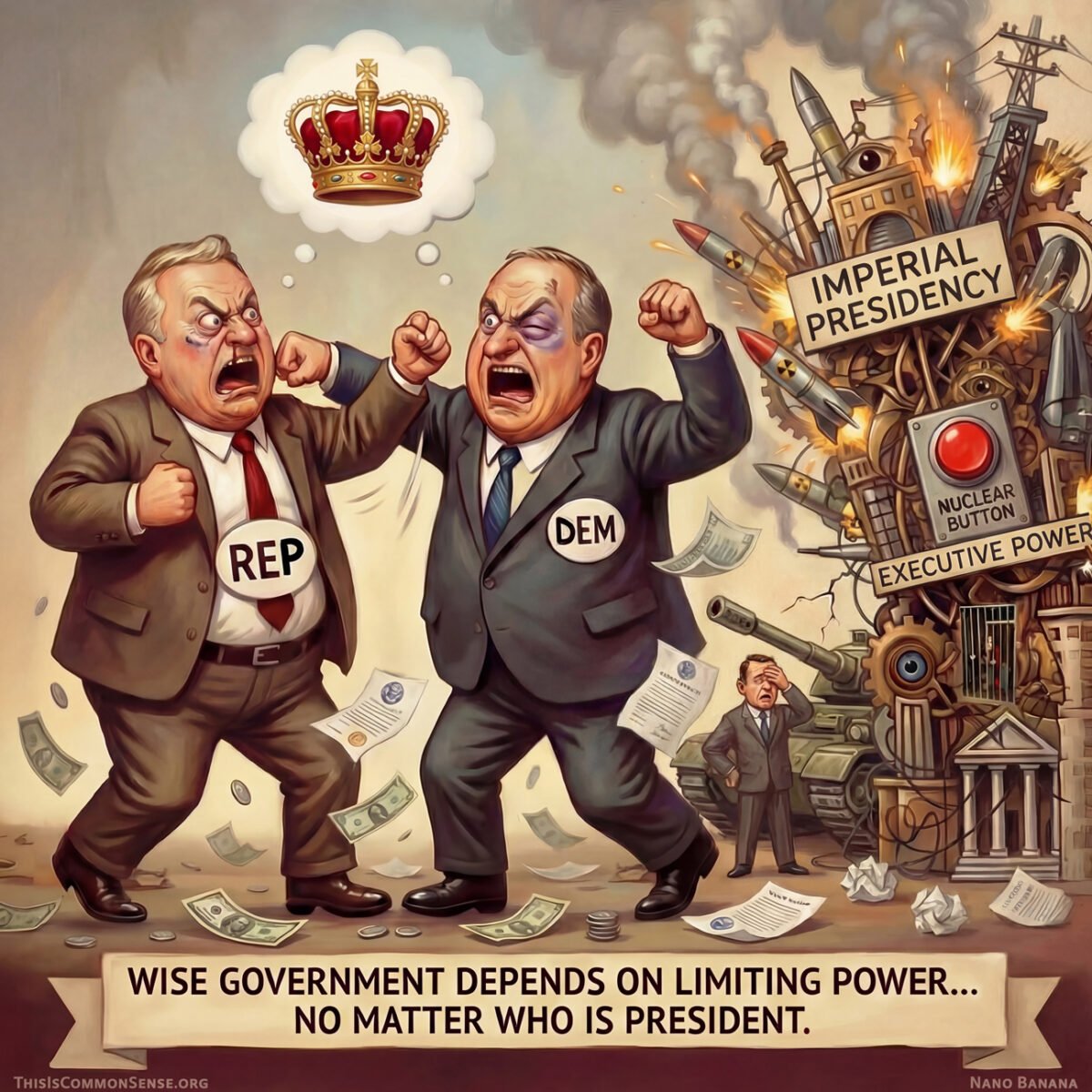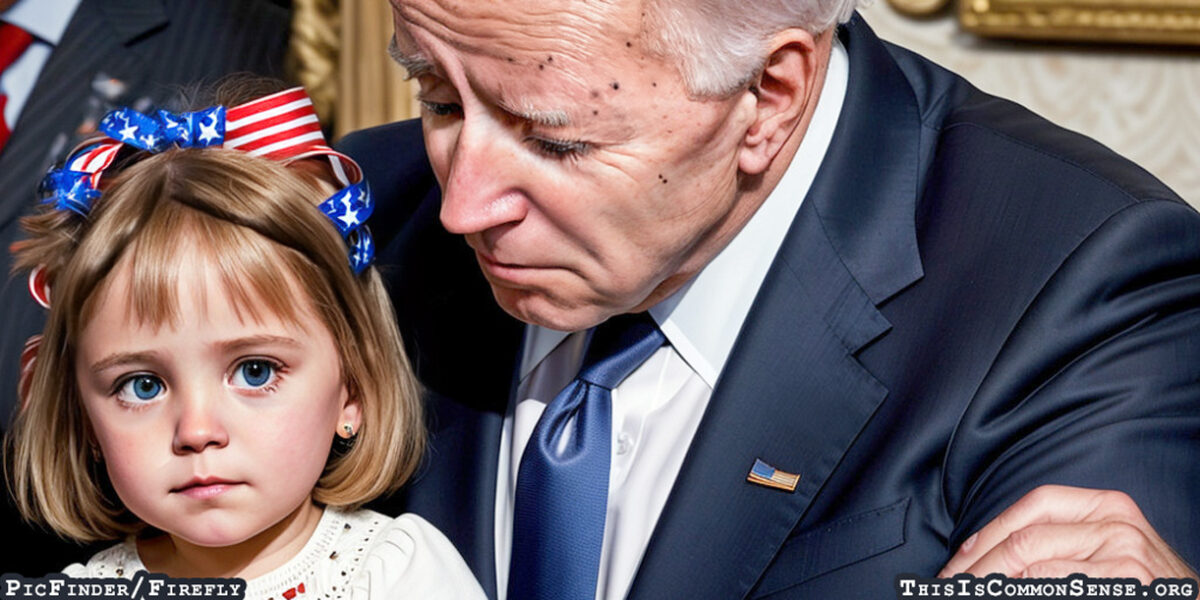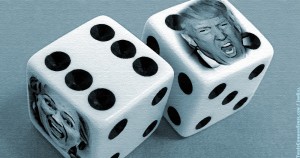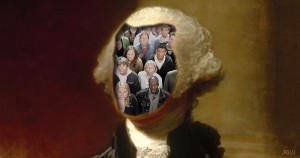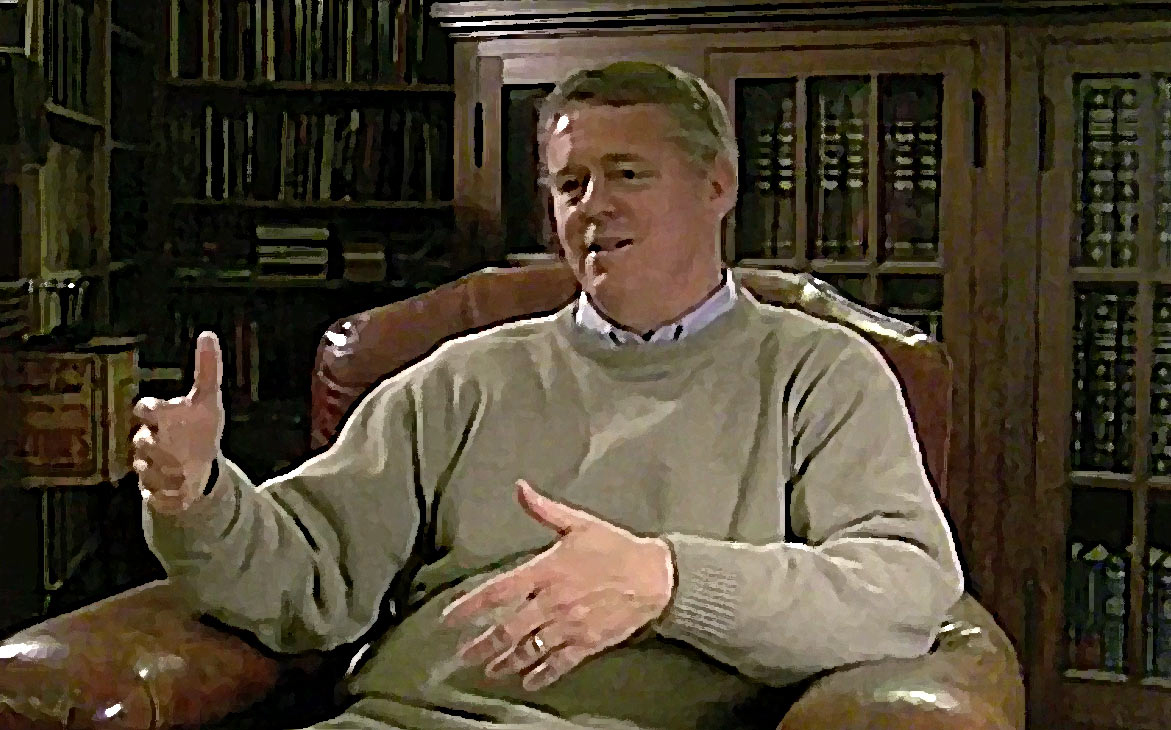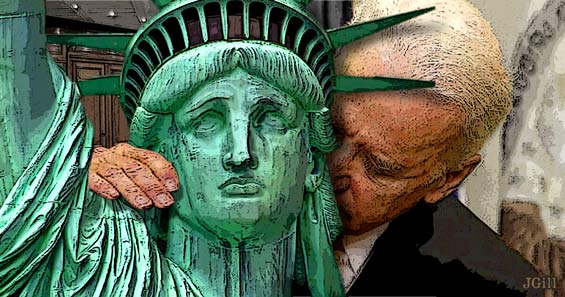“This is why more Americans today identify as an independent than a Republican or a Democrat for the first time in American history,” argued Sarah Isgur during a panel discussion on ABC’s This Week program, the day after another fatal shooting by ICE agents in Minnesota. “Because no one actually believes that either side believes what they’re saying.”
Isgur, a writer and podcaster for The Dispatch, has worked on both Democratic (2016) and Republican (2012) presidential campaigns and even landed a job at the Department of Justice during President Trump’s first term, only later to be fired.
“Look, honestly,” Isgur continued, “if Barack Obama’s federal officers had killed a member of the Tea Party, who had shown up, who had a concealed-carry permit, who was disarmed before he was shot, that [the protester was armed] would not be what the Right is saying.”
She went on: “And, frankly, the left was all for big executive power, as long as it was Joe Biden. They’re not ‘no kings.’ They just don’t like this king.”
Throughout President Donald Trump’s first term, I recall shouts that he had overstepped his authority under the law only to discover, oftentimes, that the power he was wielding had been bestowed upon our president by a feckless Congress. What I found even more disconcerting was that at no time did those complaining seek to limit these excessive presidential powers.
It appears, as Sarah Isgur suggested, that their concern was not with an imperial presidency, only with this current person as that imperial president.
“If you actually want to do something about the problems, both sides need to actually say, presidents shouldn’t have this power,” Isgur explained. “The federal government shouldn’t have this power.”
Wise government depends on limiting power … no matter who is president.
This is Common Sense. I’m Paul Jacob.
Illustration created with Nano Banana
See all recent commentary
(simplified and organized)
See recent popular posts
